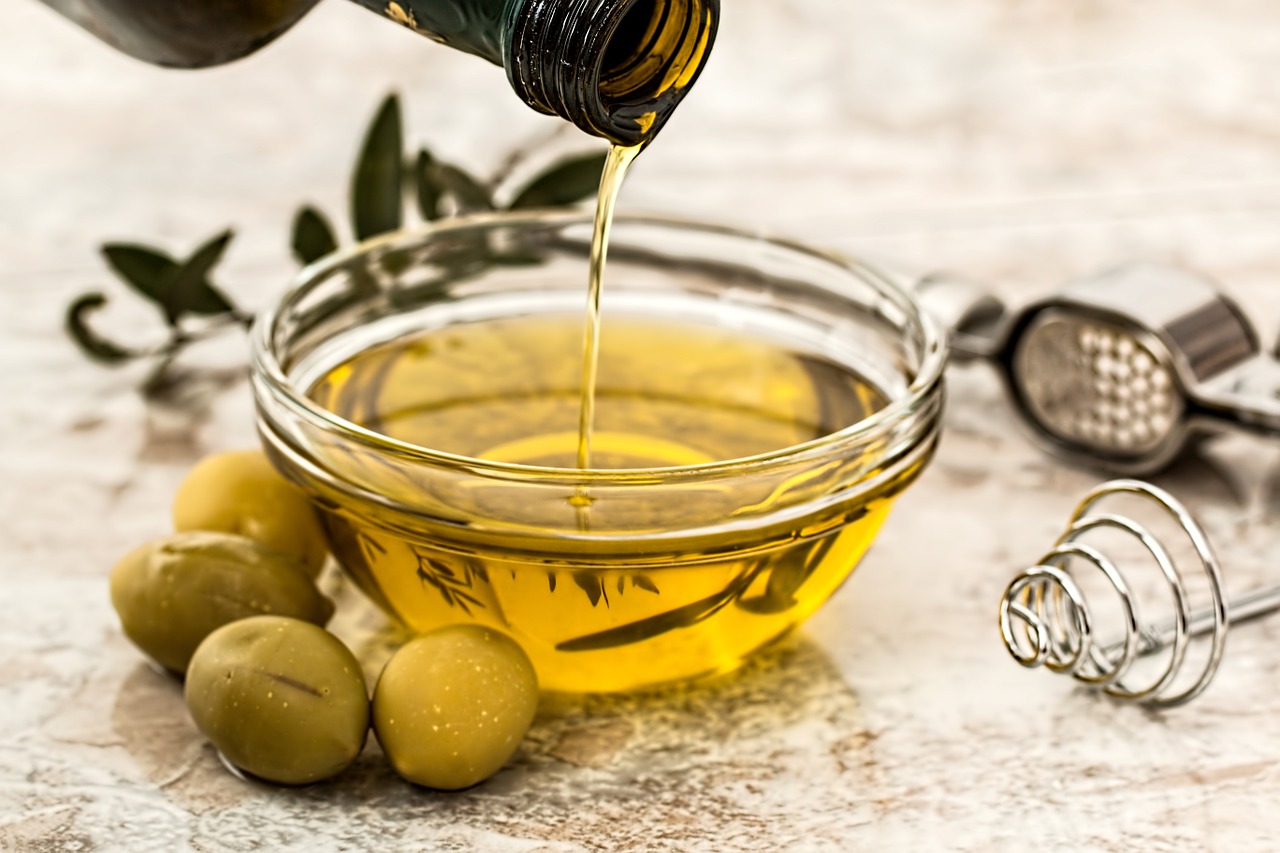
How to store olive oil

Olive oil is one of the key foods of the Mediterranean diet. Tasty, healthy and always used by man. Discover with us how to store olive oil!
This is why it is important to preserve olive oil correctly
Olive oil is the condiment par excellence of the Mediterranean diet, a must on the Italian table for its nutritional and healthy characteristics.
Properly preserving olive oil is therefore essential to preserve all its flavor, while maintaining its characteristics unaltered.
It is not by chance that olive oil is chosen in the kitchen for its undoubted health benefits and for the excellent organoleptic qualities that make it the inevitable “condiment” on the table of Italians, the largest consumers of olive oil in the world.
However, the precious constituents of olive oil are very sensitive to unfavorable environmental conditions that can significantly worsen their organoleptic qualities and start the process of some unwelcome phenomena such as rancidity.
For this reason it is really important to preserve olive oil correctly, to keep it in the most appropriate way to avoid losing its nutritional and health benefits.
Does olive oil have a deadline?
Olive oil does not have a real deadline but rather a “minimum shelf life”, that is a time beyond which it is not recommended to keep the oil in order not to spoil its perfumes and its properties.
The preferred term for the consumption of olive oil is indicated on the bottle label and is generally 12-18 months but may depend on the various cultivars.
According to the International Olive Council, it should never exceed 24 months.
How to store olive oil
Depending on whether the oil is stored at home, in a restaurant, on supermarket shelves or during the storage phase, the way olive oil is stored can vary according to specific needs.
However, there are general rules for preserving olive oil that should always be followed.
Store the olive oil away from light
The quality of olive oil may be compromised by too strong lighting. Therefore avoid direct exposure to the sun or any type of excessively strong lighting. For this reason it is good practice to bottle olive oil in a dark container to protect it from light.
Store the olive oil away from heat
The high temperature irreversibly damages olive oil so never leave the bottle near heat sources such as stove or radiators.
Keep away from impregnating odors
Being a fat the oil has a “sponge effect” towards all volatile substances. It is therefore good to keep it away from highly perfumed detergents or substances with very strong odors.
Avoid temperature changes
Always avoid temperature changes, which negatively affect the quality of the oil. Better a cool temperature but without excesses.
Do not subject to drafts
To avoid the danger of oxidation it is important to close the cap well after use, so as not to leave the olive oil in contact with the air.
To discover all the secrets about the world of oil and the best ways to store olive oil, we are waiting for you in Tuscany at Villa Campestri Olive Oil Resort!
Quick Booking snippet
Tuscany, an Italian region renowned for its cultural and historical wealth, is home to numerous UNESCO World Heritage Sites. These sites represent not just the architectural and artistic beauty of the region but also its significant historical heritage.
Italian cuisine, celebrated globally, is a mosaic of flavors and traditions. From the rolling hills of Tuscany to the bustling streets of Naples, each region contributes its unique essence to what we recognize as Italian cuisine. This culinary journey explores how history, culture, and regional diversity have shaped the renowned gastronomy of Italy.
Tuscany is world-renowned for its rich winemaking tradition, a heritage rooted in centuries of history and culture. In this detailed guide, which is like a true oenological journey, we will discover not only the fine wines of the region but also the traditions and landscapes that make Tuscany an unmissable destination for wine lovers.
In the heart of Italy, Tuscany stands out as one of the most emblematic regions for wine production. Famous for its landscape of gentle hills, cypress trees, and picturesque villages, this region is also a paradise for wine lovers. Tuscan vineyards, nourished by fertile soil and an ideal climate, produce wines that are appreciated worldwide […]
For those looking for a firsthand experience, the Agricultural Tourism Company Badia di Susinana offers horseback rides and trekking and riding courses with a guide, in addition to hospitality for horses and riders, located in Palazzuolo sul Senio. Alternatively, the Farm I Cavalli del Vento allows crossing beech forests and vast chestnut groves, with rides […]
Sport fishing in Tuscany offers a wide range of opportunities due to the abundance of inland and coastal waters in the region. Specifically, the province of Pistoia, with Lake Nievole in Serravalle Pistoiese, is renowned for trout fishing and other fish such as carp, grass carp, tench, and sturgeon, with a catch and release rule. […]
In Val di Chiana, to savor an authentic Chianina steak, there are several renowned restaurant options: 1. Ristorante Casa Cecco: Offers the chance to taste a Chianina steak in a farmhouse dating back to 1600. 2. Agriturismo di Trequanda: Here, Chianina meat, raised in local pastures and processed by the company’s trusted butcher shop, becomes […]
The Italian Quattrocento was a period of extraordinary artistic effervescence that produced numerous world-renowned artists. Among them, some of the most influential were: 1. Andrea Mantegna (1431–1506): A painter and engraver from Padua, famous for his frescoes in the Camera degli Sposi in Mantua.
